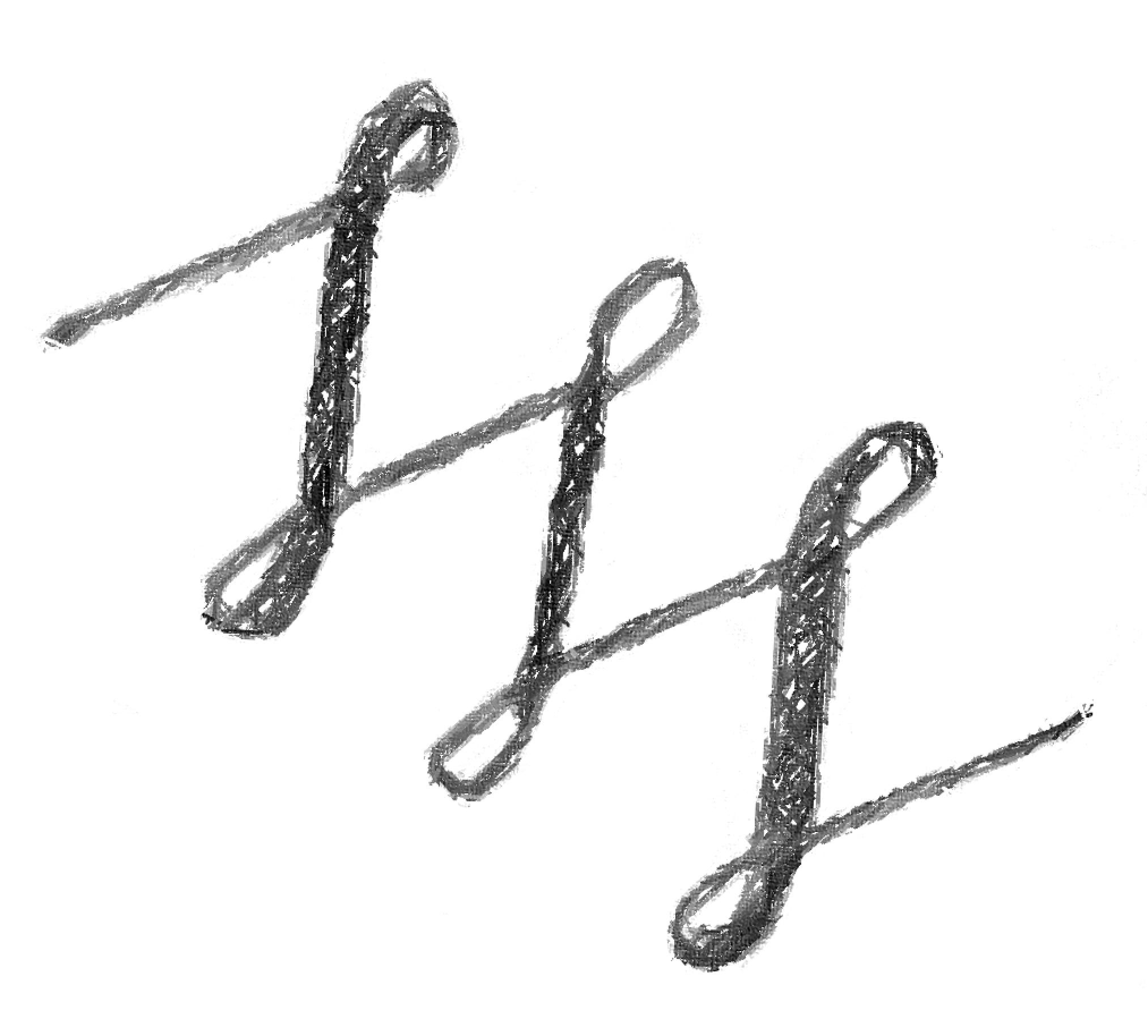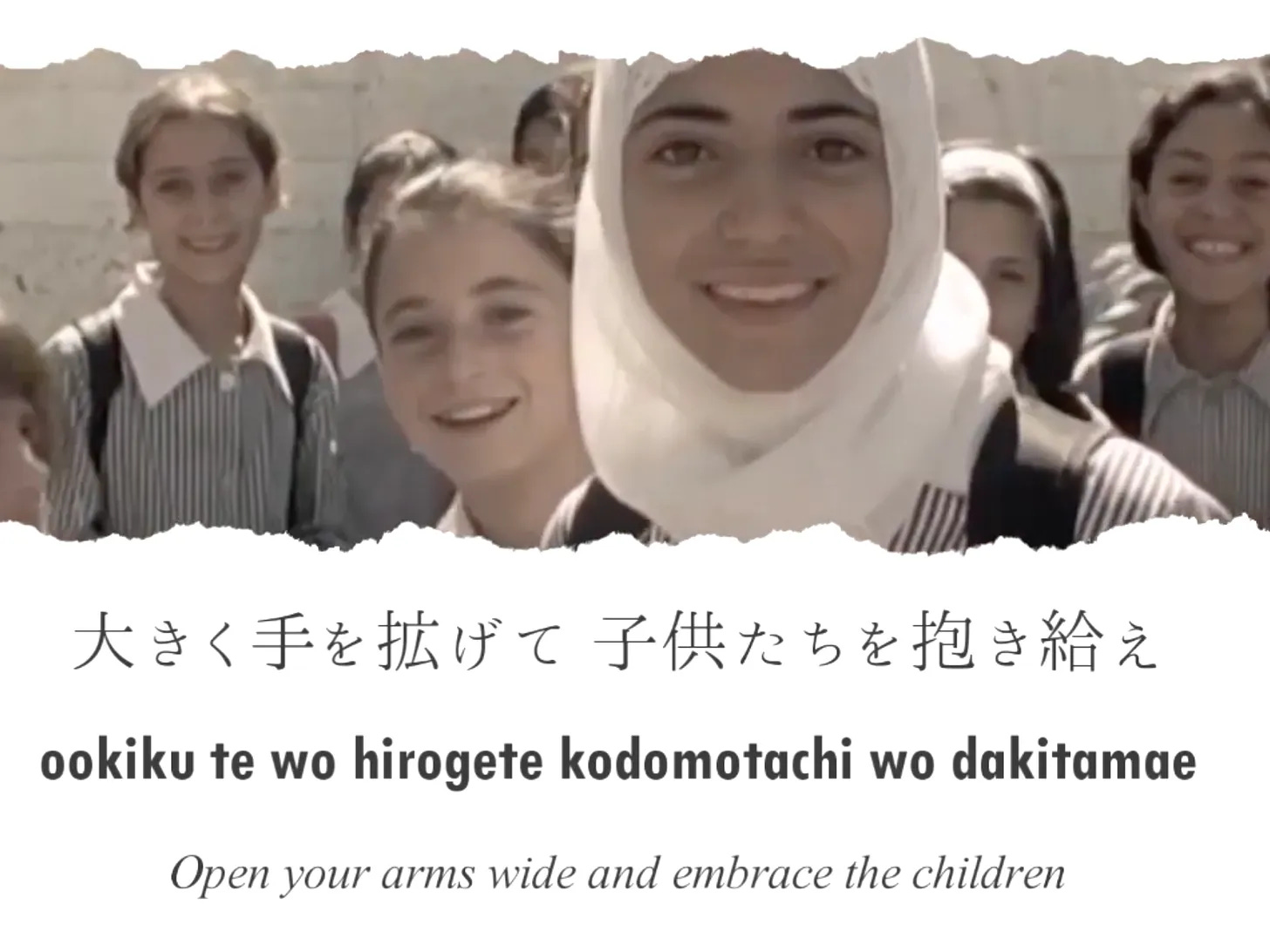December 1: World AIDS Day
Remembering those we have lost and supporting those who are living with HIV/AIDS
Hi all,
Thank you for joining me for today’s song, Umarekuru Kodomotachi no Tame ni 「生まれ来る子供たちのために」 by Bank Band. If you’d like to hear the song before you read about it, I’ve included a YouTube video below the article.
You can listen to each article of “Social Issues in Song” on the Substack App.
(259 words)
World AIDS Day is December 1st. On this day, we remember the friends and family members we have lost to the disease.
For 29 years, I have been an AIDS educator. I have also been the director of a not-for-profit organization, Japan AIDS Prevention Awareness Network (JAPANetwork). Until last week, we had a website, but for a variety of reasons, JAPANetwork is now ending its work. For those readers of my Substack who are familiar with the work JAPANetwork has done, I sincerely appreciate the support you have shown us over the years.
Overall awareness among the general population of Japan regarding sexually transmitted infections, including HIV/AIDS, remains low. Japan has effective treatment options for HIV/AIDS such as antiretroviral therapy. People today who are living with HIV can manage the virus and live long, healthy lives.
If you are concerned about HIV infection, it's important to get tested regularly and talk to a healthcare provider about prevention strategies like pre-exposure prophylaxis (PrEP).
Several years ago, there was a CD that was released here in Japan called, AIDS “Red Ribbon Project”. On that CD was a song called Umarekuru Kodomotachi no Tame ni 「生まれ来る子供たちのために」, For the Children to be Born. You can watch the YouTube video below. It includes the lyrics in Japanese and in English.
I encourage you to watch the video, to remember those we have lost, and to send your support to those who are living with HIV/AIDS.
Protect those you love.
Vocabulary
sexually transmitted 性病
infection 染症
antiretroviral therapy 抗レトロウイルス療法
healthcare provider 医療従事者
prevention 予防
strategy 対策
I believe that education should be free.
All of the articles about the songs will remain free for students to use. (We are all students, are we not?) However, if you find these articles useful and are in a position to make a small (or large) donation, I would be deeply grateful.








Louise, thank you for your many years of work on this issue. A great contribution!